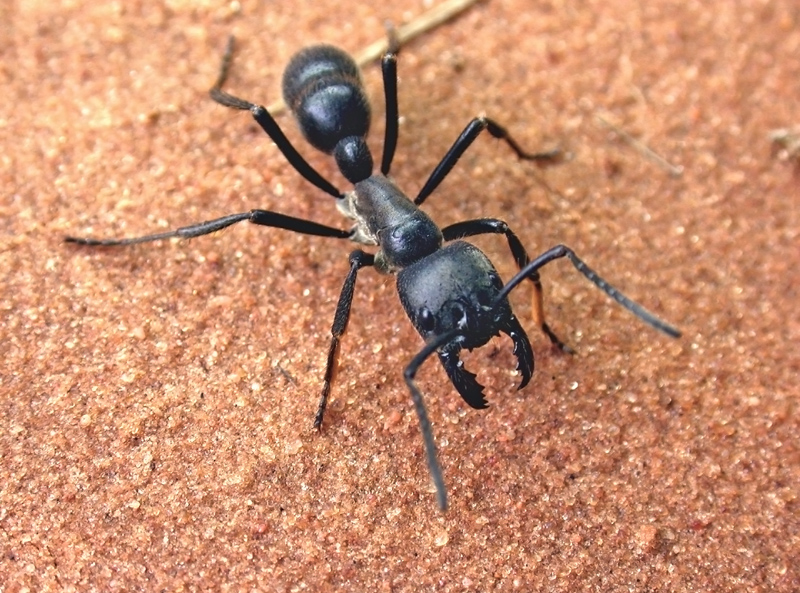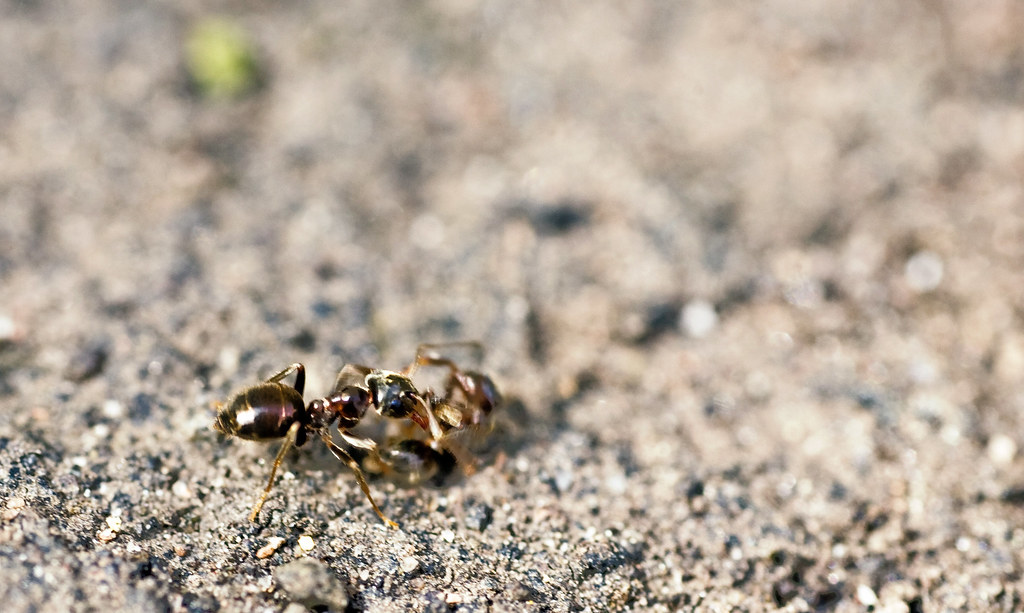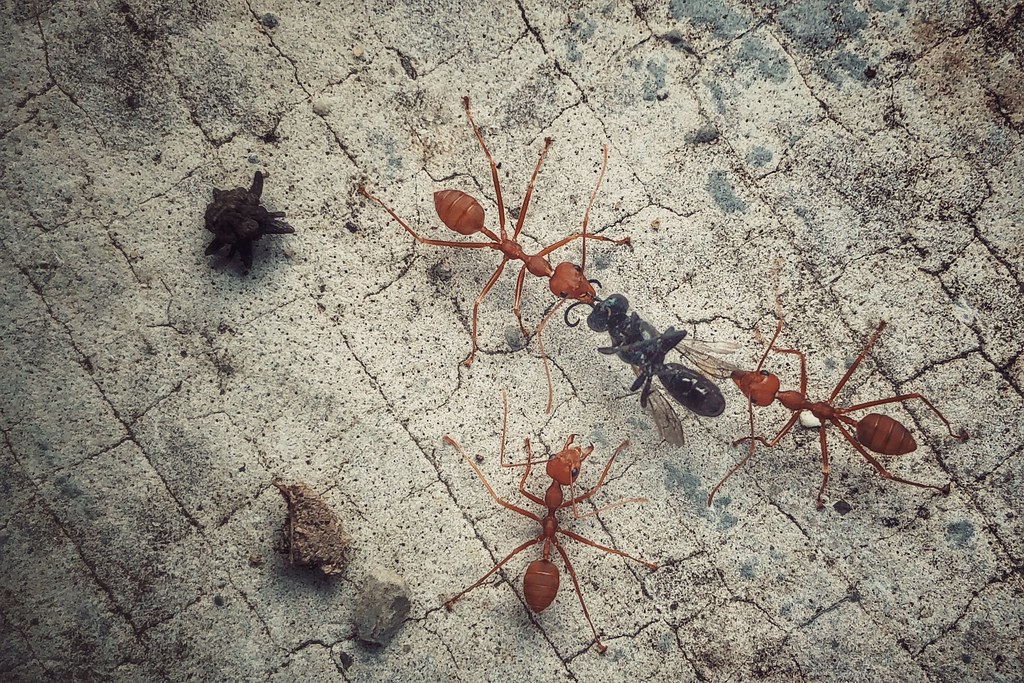Ants are among the most common household pests, but finding dead ants in your bathroom can be puzzling and concerning. In this article, we’ll explore the reasons you might be encountering dead ants, the behaviour of ants that might lead them to your bathroom, and practical steps you can take to keep them out.




Why Do Ants End Up in Your Bathroom?
Ants are mostly attracted to moisture, food, and warmth, making bathrooms a comfortable location. Your bathroom provides several key resources that ants seek, such as standing water, damp surfaces, and even soap residues that can serve as a food source. Ants are likely entering your bathroom for water or shelter, especially during dry or hot weather. Key reasons why ants end up in your bathroom:- Moisture: Ants, like many insects, need water to survive. Bathrooms often have small leaks, condensation, or puddles that provide an ideal source of moisture.
- Food residues: Soap, shampoo, and toothpaste might seem inedible to us, but some ants are attracted to the chemical compounds in these products.
- Warmth and shelter: Bathrooms can be warm, especially during or after a hot shower, providing a cosy environment for ants to hide and nest.

Why Are the Ants Dead?
If you’re finding dead ants in your bathroom, there could be a few explanations. These ants might have been exploring the area in search of water or food but died due to natural causes, or they could have been poisoned. Here are some common reasons why ants die in your bathroom: 1. Exposure to Chemicals Many cleaning products, soaps, and detergents used in bathrooms contain chemicals that are harmful to ants. When ants come into contact with these substances, they may die shortly after. Even small traces of bleach or ammonia can be toxic to ants. 2. Dehydration While ants are attracted to moisture, if they become trapped in an area without easy access to water, they can quickly dehydrate and die. Bathrooms, despite their moist environment, can sometimes trap ants in dry areas like under rugs or in dry sinks. 3. Natural Causes Ants have relatively short lifespans, ranging from several weeks to a few months. If a colony is nearby, you may simply be seeing ants that have reached the end of their life cycle. 4. Poisoned Ants If you’ve recently used any ant bait or insecticide, it’s possible the dead ants in your bathroom were poisoned elsewhere and died after returning to your bathroom. Ant baits work by luring ants to a toxic food source, which they then carry back to their nest. As they move around, some ants might die en route.Signs of an Ant Infestation
Recognizing the early signs of an ant infestation can help prevent a more significant problem. Frequent sightings of ants, whether alive or dead, in your bathroom may indicate a nearby colony. Consistent ant trails suggest they are following a path to food or water. Additionally, small piles of dirt or wood shavings near cracks or crevices could signal nesting activity, particularly for species that build colonies indoors. Catching these signs early allows for quicker and more effective intervention.Types of Ants Commonly Found in Bathrooms
Different species of ants are more likely to invade your bathroom, each with its own preferences and habits. The most common types include:- Odorous house ants: These ants are often attracted to sweet substances and can enter homes in search of food and water.
- Carpenter ants: These larger ants may appear in bathrooms because they are attracted to moisture-damaged wood, which they use to build nests.
- Pharaoh ants: Small and light yellow. These ants are notorious for creating multiple colonies in buildings and are often found in moist areas like bathrooms. Identifying the type of ant in your bathroom can help determine the best way to prevent future infestations.





